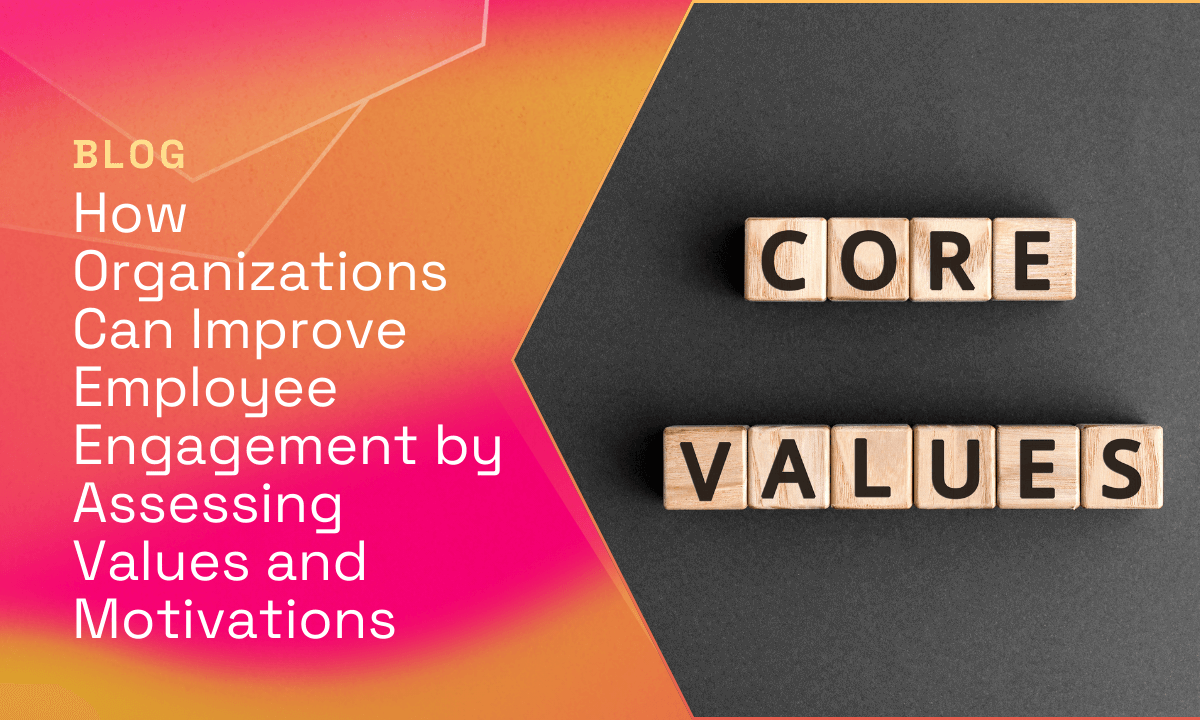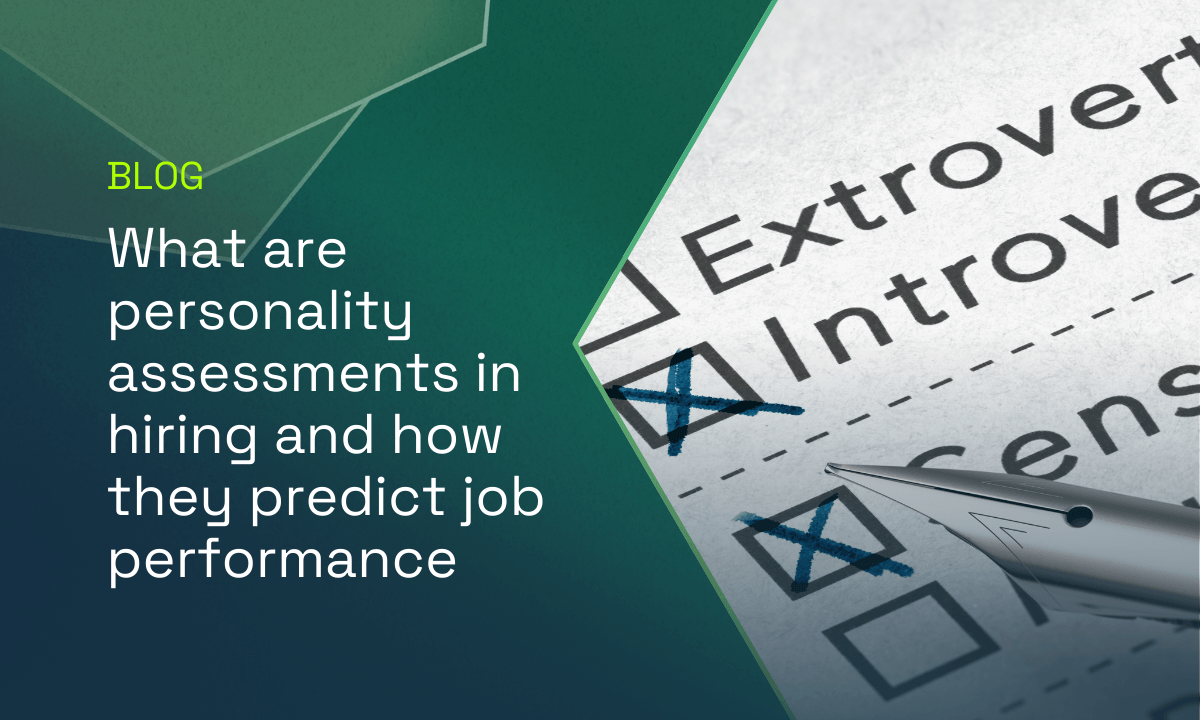The Inclusivity Compass: Your guide to building a truly welcoming workplace
In a world where diverse perspectives drive innovation and creativity, building an inclusive workplace is more than a nice-to-have—it's essential for organizational success. The Inclusivity Compass is a tool designed to help individuals, teams, and organizations assess and improve their inclusivity skills. By providing deep insights into how well they embrace diversity, promote equity, and foster belonging the Inclusivity Compass enables organizations to create a more welcoming culture that values every voice.
This tool goes beyond surface-level assessments, helping users identify where they excel in inclusivity and where growth is needed. With a focus on key skills like integrity, respect, and inclusiveness, the Inclusivity Compass empowers organizations to close gaps, address blind spots, and build a culture that supports Diversity, Equity, and Inclusion (DEI).

Why inclusivity matters in the workplace
Inclusion is more than a buzzword—it's an active effort to build a culture that welcomes and values the contributions of all individuals. By focusing on diversity, equity, and inclusion, organizations can foster a more dynamic and innovative environment. When diverse perspectives are heard and valued, creativity and problem-solving improve, contributing to a more productive and equitable workplace. DEI initiatives also promote fairness and respect, helping to ensure that every employee has access to opportunities and feels a sense of belonging.
The Inclusivity Compass aligns seamlessly with DEI principles, enabling organizations to address potential blind spots in their practices. This tool encourages continuous improvement by guiding users to recognize unconscious biases and identify areas for growth.
The Core Dimensions of the Inclusivity Compass
The Inclusivity Compass measures three critical skills that form the foundation of inclusivity in the workplace:
- Integrity: This dimension focuses on the commitment to ethical principles, trust, and transparency in all interactions. Integrity is essential for building a trustworthy environment where open and honest communication thrives.
- Respect: Inclusivity begins with respecting diverse perspectives and backgrounds. This skill encourages understanding and cooperation, fostering a workplace culture that values and considers all voices.
- Inclusiveness: Inclusiveness involves the active engagement and involvement of diverse individuals, ensuring that everyone feels welcome and valued. This skill goes beyond mere acknowledgment of diversity, emphasizing a proactive approach to inclusivity.
Each of these dimensions allows users to understand their unique inclusivity profile, shedding light on their strengths and areas for growth. Inclusive individuals often exhibit openness, self-awareness, adaptability, and the ability to break biases. By honing these traits, employees can contribute to a more cohesive and supportive workplace.
Insights through primary and secondary drivers
The Inclusivity Compass offers a nuanced assessment by identifying primary and secondary drivers of behavior that influence inclusivity skills. These drivers reveal how different traits, such as curiosity to understand different perspectives and adaptability, impact one's approach to inclusivity. This insight allows for targeted personal and professional development, creating a path for individuals and organizations to refine their inclusivity practices.
What sets the inclusivity compass apart?
Unlike other inclusivity assessments, the Inclusivity Compass stands out for its concise, accessible, and user-friendly format. With its conversational language, the tool engages users in a straightforward and approachable way without sacrificing scientific reliability. This combination of efficiency and depth means that users can complete the assessment quickly while gaining meaningful insights.
Moving toward a more inclusive future
The Inclusivity Compass is a powerful tool for any organization looking to cultivate a welcoming and inclusive culture. By identifying areas for improvement and providing actionable insights, it enables individuals and teams to enhance their inclusivity skills in alignment with DEI values. Through continuous development and commitment to inclusivity, organizations can build stronger, more productive, and more innovative workplaces where everyone has the opportunity to succeed.
Whether you're an individual looking to improve your personal inclusivity skills or an organization aiming to align with DEI principles, the Inclusivity Compass offers a clear path forward. Embrace the journey toward a more inclusive workplace, and unlock the full potential of your team by valuing and respecting every voice.





























